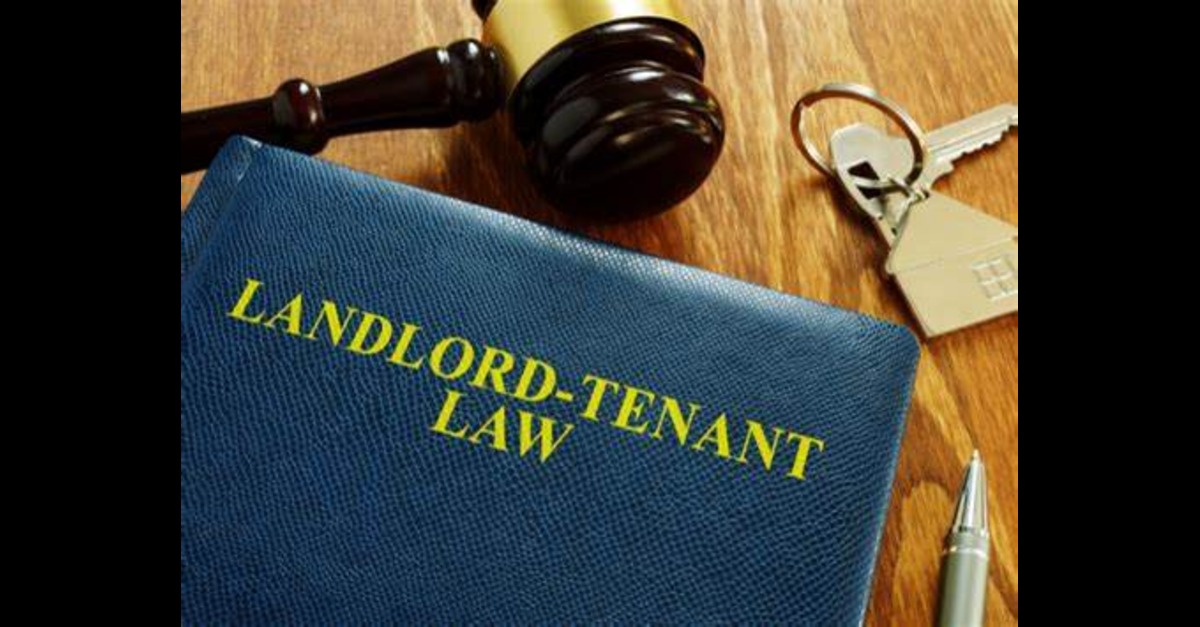CASE NAME –MURLIDHAR AGGARWAL (D.) THR. HIS LR. ATUL KUMAR AGGARWAL VERSUS MAHENDRA PRATAP KAKAN (D.) THR. LRS. AND ORS
CASE NUMBER – CIVIL APPEAL NO. 4275 OF 2017
DATE – 09-01-13
QUORUM- JUSTICE M. M. SUNDRESH, JUSTICE K. V. VISWANATHAN
FACTS OF THE CASE
In 1952, the Respondents entered the suit property under a Lease Deed executed by the then-owner of the property. The lease was for a period of 10 years, and the predecessor-in-interest of the Appellant purchased the said property, which was a Cinema building. A case was instituted in 1965 by the Appellant (deceased) seeking eviction under Section 7A of the U.P. (Temporary) Control of Rent and Eviction Act, 1947. An Order of eviction was made by the Additional District Magistrate, which was confirmed by the Additional Commissioner. On a Revision filed, the tenants succeeded in getting the eviction order set aside by filing a representation before the State Government. Though the Single Judge quashed the government order, the Division Bench reversed it, and the Supreme Court confirmed the Division Bench’s Order. Resultantly, the proceedings came to an end, and the tenants continued to occupy the premises. In 1975, the predecessor-in-interest of the Appellant filed a case under Section 21(1)(a) of the Uttar Pradesh Urban Buildings (Regulation of Letting, Rent and Eviction) Act, 1972. Thereafter, the Prescribed Authority ordered the eviction of the Respondent and directed payment of Rs. 72,000/- as compensation. The Respondent filed an Appeal, and the Appellate Authority discarded the finding of the Prescribed Authority. This was affirmed by the High Court, and hence, the Appellant approached the Apex Court.
ISSUE
- Can the landlord evict the respondent without prior permission from the DM?
- Is the eviction violative of any public policy?
- What is the validity of the lease waiver statutory protection.
LEGAL PROVISIONS
-
- 21(1)(a) of the Uttar Pradesh Urban Buildings (Regulation of Letting, Rent and Eviction) Act, 1972
- Section 3 of the UP control of the Rent and Eviction Act,1947.
ARGUMENTS
APPELLANTS CONTENTION
- The appellant contended that the respondent was not was tenant under the UP control of the Rent and Eviction Act,1947.
- The appellant said that the respondent has waived the protection given under section 3 of the UP Control of Rent and Eviction Act 1947, and so the prior permission required from the DM is not mandatory. Clause 20 of the lease deed mentions the same.
- The eviction so made is for bona fide and valid reasons, as required for their son.
RESPONDENTS CONTENTION
- The respondent contended that the landlord needs to acquire prior permission from the DM before making such an eviction. Eviction without permission is violative of the ACT.
- Would cause them a loss in the long run business if the due process is not followed.
- Waiving of the tenant protection under the act is a violation of public order established.
ANALYSIS
The right to evict cannot be exercised without the DM order, as the statutory agreement cannot be waived. Any agreement trying to bypass the statutory agreement is violative of sec23 of the Indian Contract Act, as it opposes Section 23. The tenant will be given protection even without the formal allocation
JUDGEMNT
The respondents are granted time till 31.12.2025 to vacate the premises and to deliver vacant and peaceful possession of the suit premises, subject to the respondents filing the usual undertaking and clearing all arrears, if any, of rent/use and occupation charges, within 4 weeks.
CONCLUSION
This case serves as a precedent in Indian tenancy law, signifying the judiciary’s role in maintaining statutory protection for tenants and putting emphasis on contractual agreements that cannot be overridden by legislated safeguards in public interest.
“PRIME LEGAL is a full-service law firm that has won a National Award and has more than 20 years of experience in an array of sectors and practice areas. Prime legal falls into the category of best law firm, best lawyer, best family lawyer, best divorce lawyer, best criminal law firm, best consumer lawyer, best civil lawyer.”
WRITTEN BY PALAK CHAUHAN


